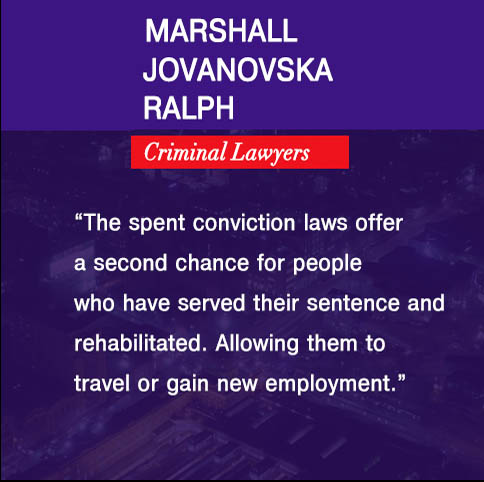What is the ARC List?
The Assessment and Referral Court (ARC) is a specialised court that focuses on addressing the needs of individuals who have been charged with a crime and who may be experiencing mental health issues. These issues may include conditions such as anxiety, depression, bipolar disorder, and schizophrenia, substance abuse disorders, among others. The ARC recognizes that these mental health issues can have a profound impact on an individual’s behaviour and decision making, and that addressing these issues is crucial to preventing future criminal behaviour.
One of the key aspects of the ARC is its emphasis on assessment and referral. Upon entering the ARC, individuals are assessed by a team of mental health professionals, including psychiatrists, psychologists, and social workers. This assessment is designed to identify the specific mental health issues that the individual is experiencing and to determine the best course of action for addressing those issues.
Based on the assessment, the team will develop a personalized treatment plan for the individual. This plan may include a range of interventions, such as therapy, medication, and support groups. The goal of the treatment plan is to provide the individual with the tools and resources they need to overcome their mental health challenges and avoid future criminal behaviour.
In addition to the assessment and treatment plan, the ARC also provides individuals with the opportunity to participate in a range of other programs and services that can support their recovery and rehabilitation. For example, the ARC may refer individuals to vocational training programs, education programs, and other support services that can help them build the skills and knowledge they need to reintegrate into society and avoid future criminality.
The ARC is an important resource for individuals who are struggling with mental health issues and who may be at risk of becoming involved in the criminal justice system. By providing these individuals with the support they need, the ARC can help them overcome their mental health challenges and avoid future criminal behavior.
If you or someone you know has been charged with a crime and may be experiencing mental health issues, it is important to contact a lawyer who is experienced in dealing with the ARC. At MJR Criminal Lawyers, we have a team of knowledgeable and experienced lawyers who can help you navigate the ARC and ensure that you receive the support and resources you need.
Contact us today to learn more about how we can help you or someone you know who is dealing with mental health issues and facing criminal charges. By working with us, you can take the first step towards overcoming your mental health challenges and avoiding future criminal behaviour.
Who is eligible for Assessment and Referral Court (ARC)
The eligibility criteria for the Assessment and Referral Court (ARC) vary depending on the specific jurisdiction in which the ARC is located. In general, however, individuals who have been charged with a crime and who are believed to be experiencing mental health issues may be eligible for the ARC.
The Assessment and Referral Court (ARC) are currently available at the following court locations:
In some cases, individuals may be automatically referred to the ARC by the court or by law enforcement officials. In other cases, individuals or their legal representatives may request that they be considered for the ARC.
To determine whether an individual is eligible for the ARC, a team of mental health professionals will conduct an assessment to identify any mental health issues that the individual may be experiencing. Based on the results of this assessment, the team will determine whether the individual is eligible for the ARC and whether they would benefit from the programs and services offered by the court.
It is important to note that eligibility for the ARC does not guarantee that an individual will be accepted into the program. The final decision on whether to admit an individual into the ARC is made by the court and is based on the individual’s specific circumstances and the availability of resources.
So it is best you contact MJR Criminal Lawyers on (03) 9311 8500 to discuss if you or a loved one are eligible for the Assessment and Referral Court (ARC).









